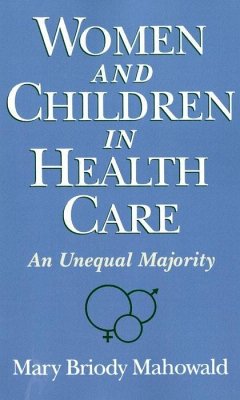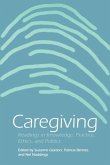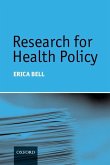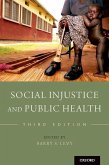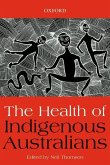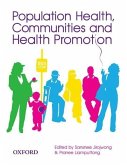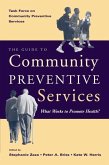The ideal of equality constitutes a criterion for assessing current practice through attention to differences among individuals and groups. Inequality occurs when irrelevant differences are invoked in order to secure power or advantages over others. This book examines health care issues from an egalitarian perspective, focusing particularly on those that affect the lives of women and children. These are some of the most hotly debated, controversial, yet genuinely humanitarian issues of our time. They include gender stereotypes in medicine and in adolescent socialization, fertility curtailment and enhancement, coercive treatment during pregnancy, fetal tissue transplantation, decisions regarding newborns, decision-making by minors, the feminization of poverty and its impact on women's and children's health, and the meaning and role of "family" in health care decisions. The book describes a case-based or "feminine" model of reasoning as appropriate to the health care setting, but also as a possible rationale for exploitation of women. Different versions of feminism are clearly explained and specifically related to care-based reasoning. To overcome the pitfalls of paternalism and excessive stress on patient autonomy, a concept of "parentalism" is defended. An egalitarian perspective, the author claims, involves use of one's power to empower others. Because of the timeliness of the topics discussed, and the depth of detail, this book will be necessary reading for all bioethicists, health-care analysts and policy-makers, and women's studies researchers.

